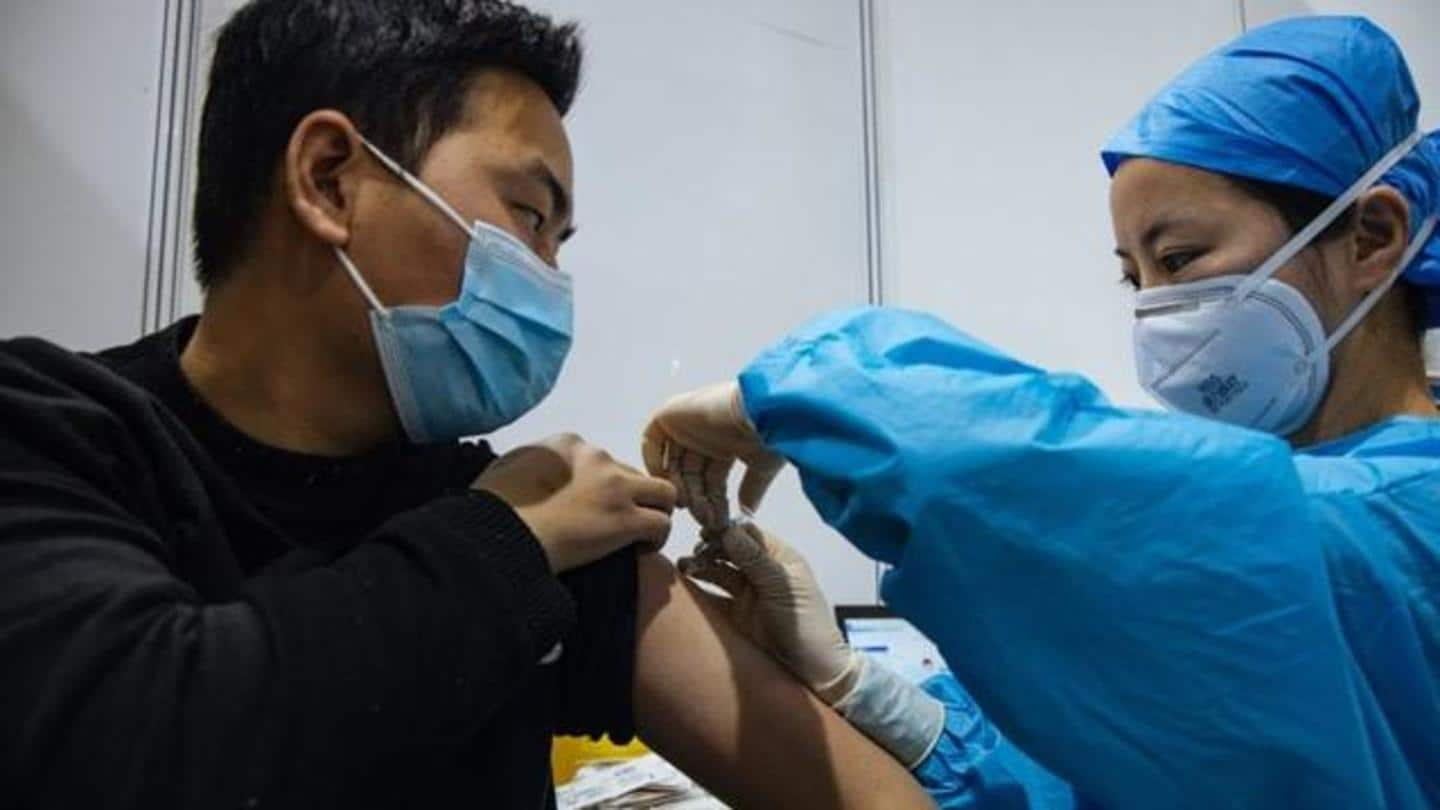
Scientists develop vaccine platform to help prevent future coronavirus pandemics
What's the story
Scientists have designed a vaccine candidate that induces protection in mice against "a wide range of related coronaviruses," an innovation that may provide protection against pandemic-potential viruses jumping from animals to humans.
The novel "mosaic nanoparticle" vaccine, described in the journal Science, is shaped like a cage made up of 60 identical proteins, each having a small protein tag that functions as a Velcro.
Details
SARS-CoV-2 unlikely to be the last pandemic causing coronavirus
Scientists believe that COVID-19 causing virus SARS-CoV-2 is unlikely to be the last coronavirus to cause a pandemic.
In the study, the scientists, including Alex Cohen from the California Institute of Technology, assessed fragments of the spike proteins of different coronaviruses and engineered each to have a protein tag that would bind to those on the cage on the other side of the Velcro.
Results
'This vaccine platform can generate a diverse antibody response'
When these viral pieces tag on to the cage, it results in a nanoparticle presenting spikes representing different coronavirus strains on its surface, the study noted.
With eight different coronavirus spike fragments, the scientists said this vaccine platform can generate a diverse antibody response - an advantage over traditional vaccine methods that present pieces from only a single type of virus.
Details
What else does the study say?
According to the study, the antibodies subsequently produced by mice inoculated with the vaccine candidate were able to react to many different strains of coronavirus.
The scientists said some of the antibodies in the mice were surprisingly reactive against related strains of coronavirus whose spike proteins were not present on the nanoparticle.
Statement
However, this methodology would not replace any existing vaccines
"If we can show that the immune response induced by our nanoparticle technology indeed protects against illness resulting from infection, then we hope that we could move this technology forward into human clinical trials," Cohen said.
"We don't envision that this methodology would replace any existing vaccines, but it's good to have many tools on hand when facing future emerging viral threats," he added.
Details
Study co-author Pamela Bjorkman further elaborated the study
"Alex's results show that it is possible to raise diverse neutralizing antibody responses, even against coronavirus strains that were not represented on the injected nanoparticle," said study co-author Pamela Bjorkman from Caltech.
"In addition, the nanoparticles elicit neutralizing responses against SARS-CoV-2, so it could be possible to use them now to protect against COVID-19 as well as other coronaviruses with pandemic potential," Bjorkman added.